
The associate professor and director of the Headache Medicine Fellowship Program at Thomas Jefferson University discussed treatment optimization for patients with migraine and raising overall awareness for preventive treatments.

The associate professor and director of the Headache Medicine Fellowship Program at Thomas Jefferson University discussed treatment optimization for patients with migraine and raising overall awareness for preventive treatments.
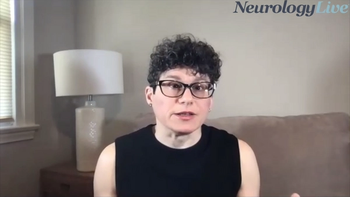
The associate professor and director of the Headache Medicine Fellowship Program at Thomas Jefferson University detailed the ways clinicians can tailor their treatment regimens better.

"Mind Moments," a podcast from NeurologyLive, brings you exclusive interviews with Stephanie J. Nahas, MD; Bruce Cree, MD, PhD, MAS; Sana Somani, MD, MBBS; Hubert Fernandez, MD; Daniel Ontaneda, MD, PhD; and Richard Gershon, PhD.

The associate professor and director of the Headache Medicine Fellowship Program at Thomas Jefferson University detailed the reasons fremanezumab stands out among a crowded migraine treatment landscape.
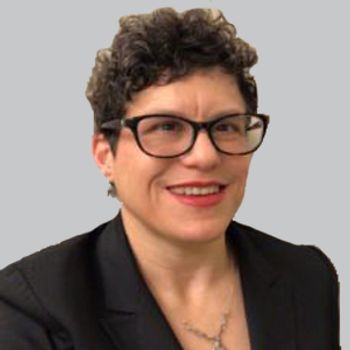
Patients with a previous history of cardiovascular risks experienced similarly low number of cardiovascular events with treatment of fremanezumab compared with placebo.
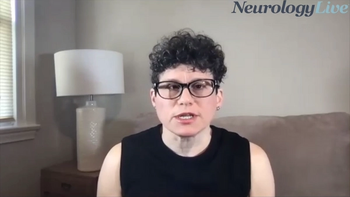
The associate professor and director of the Headache Medicine Fellowship Program at Thomas Jefferson University discussed 2 research projects she led presented at AAN 2021 on the efficacy and safety of fremanezumab.
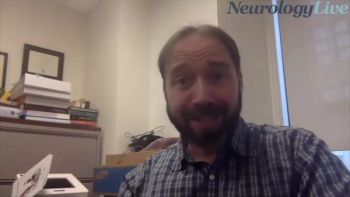
The assistant professor of neurology at Thomas Jefferson University discussed the potential and feasibility of brain implants in patients with stroke.

The Gary Sinise Foundation Avalon Network aims to combat TBI and post-traumatic stress in veterans and first responders.

Researchers from Jefferson Health developed predictive models to assess risk of kidney injury and stroke after surgery.

The assistant professor of neurology at Thomas Jefferson University discussed areas of poststroke care that need improvement including a more streamlined process.
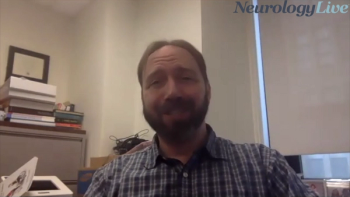
The assistant professor of neurology at Thomas Jefferson University gave background on what other studies have observed brain implants for poststroke patients and how they differ from his work.
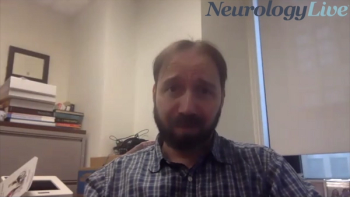
The assistant professor of neurology at Thomas Jefferson University provided perspective on how researchers have gained a better understanding of using modalities in poststroke patients.
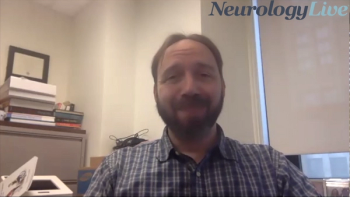
The assistant professor of neurology at Thomas Jefferson University discussed the details using a brain implant and robotic brace in a newly initiated clinical trial.
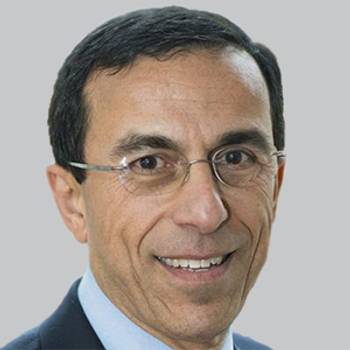
Guest Editor-in-Chief Karl Doghramji, MD, FAASM, DFAPA, discusses the recent steps forward that have been made in the care of patients with insomnia.
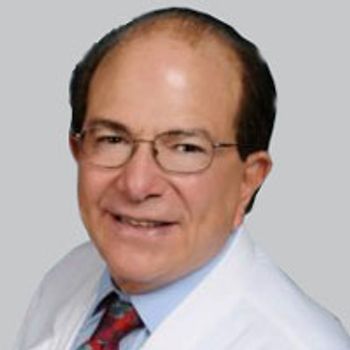
NeurologyLive's editor in chief Stephen D. Silberstein, MD, discussed the ways to optimizing patient care.
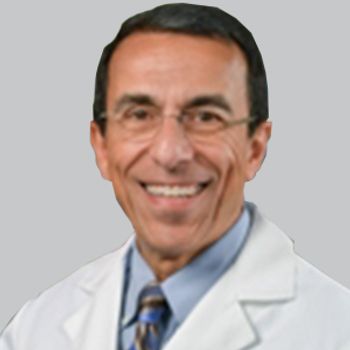
Karl Doghramji, MD, medical director of the Jefferson Sleep Disorders Center, reviews optimal management strategies for elderly patients with insomnia disorder.
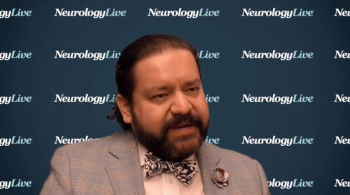
The chief of cerebrovascular disease at Jefferson University Hospitals detailed the importance and growth of mobile stroke units.
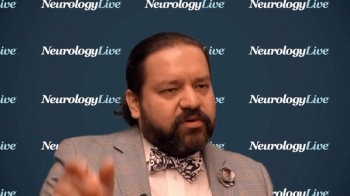
The chief of cerebrovascular disease at Jefferson University Hospitals explains why teaching stroke protocol and using telemedicine can help close the gaps in stroke care.
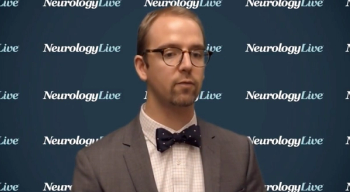
The neurologist at Thomas Jefferson University Hospitals discussed the pros and cons of supplemental drugs used to reduce off time in patients with Parkinson disease.

NeurologyLive's editor in chief Stephen D. Silberstein, MD, discusses the importance of considering treatment contraindications in the context of individual patients.

"Mind Moments," a podcast from NeurologyLive, brings you an exclusive interview with Fred Rincon, MD, MSc.

NeurologyLive Editor in Chief Stephen D. Silberstein, MD discusses the importance of reaching a treatment effect that makes a significant difference in patients' lives.

The Director of the Jefferson Headache Center spoke about migraine therapies that hold excitement and promise in the new year.
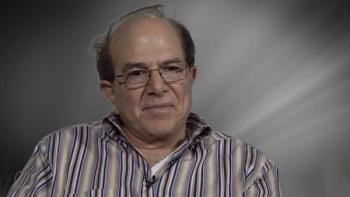
Silberstein spoke about the high prevalence of individuals with migraine in the United States, adding that the major problem in the space today is the lack of resources.

Silberstein spoke about the new mechanism-based treatments that are revolutionary in changing the treatment landscape of migraine.

Stephen D. Silberstein, MD, discussed the powerful impact that the new class of CGRP inhibitors is beginning to have on migraine.